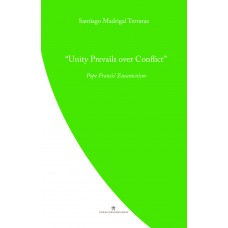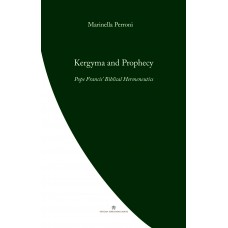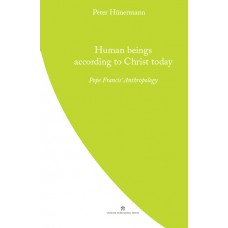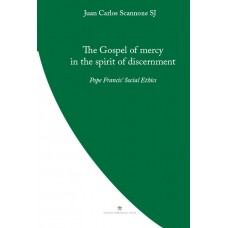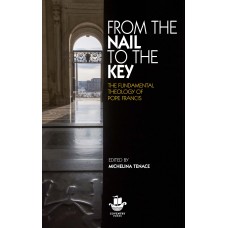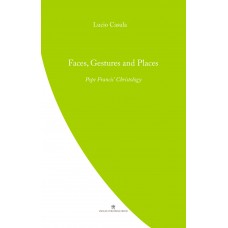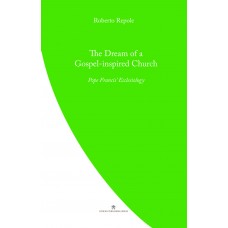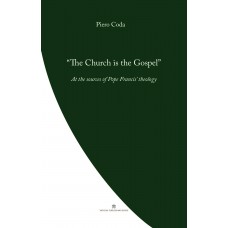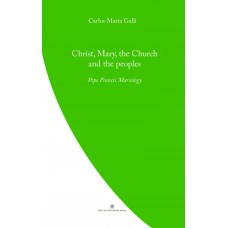The Pope is first of all the pastor of the Church and sign of its unity. He can be a theologian professionally, or he cannot be, as it has happened for the majority of popes. ln both cases, in his teaching as well as in the choices he makes or in the orientations he offers, his teaching and his style are imbued with a theological perspective and ask theologians to confront with them.
The Pope Francis Theology Series calls upon the expertise of eleven theologians from various Countries of the world, and aims at showing us what theology is at the base of such incisive words and such simple gestures with which Pope Francis has made us so familiar.
They are eleven easy volumes, written in a captivating way yet able to show in a rigorous way the deep roots of his thought and action.
Born in 1946, Jurgen Werbick studied philosophy and theology in Mainz, Munich and Zürich. He has been a pastoral assistant in the Archdioceses of Munich and Freising and then became a scientific Assistant at the Faculty of Catholic Theology in the Luwig-Maximilian University in Munich, Bavaria. He has taught Systematic Theology at the University of Siegen and Fundamental Theology in Münster. He has been a member of the editorial committee of the oldest homiletic journal in Germany, Der Prediger und Katechet, for more than thirty years. He is married with three grown-up children.

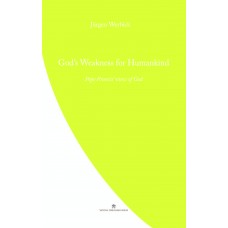
 Back
Back
